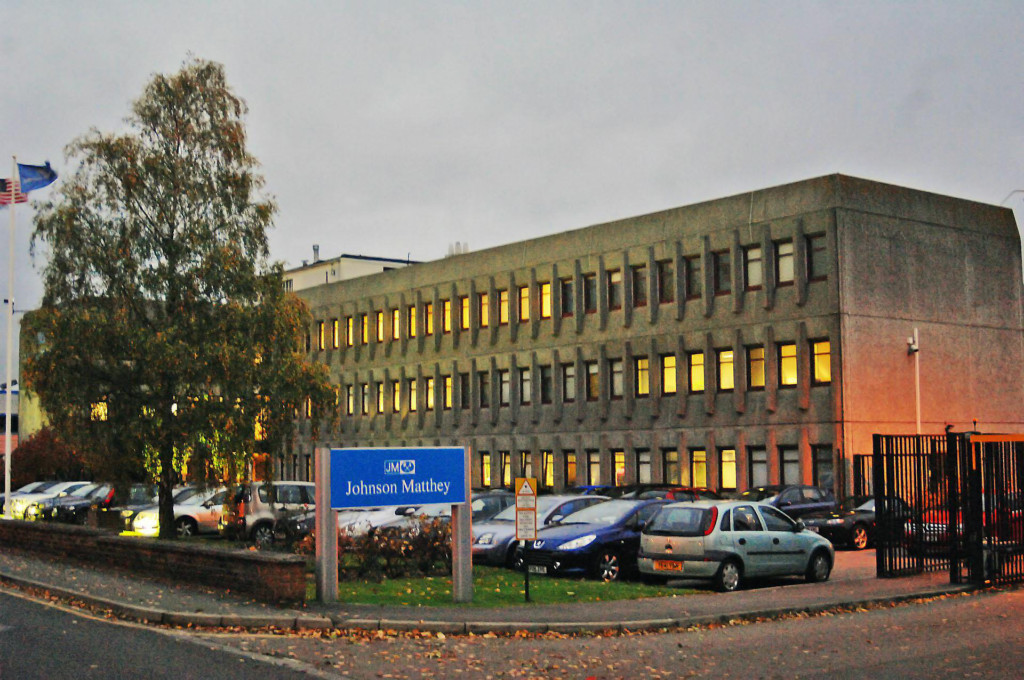Metallurgy and clean tech innovators Johnson Matthey are to build an £80 million plant in Hertfordshire, scaling up production of proton exchange membrane (PEM) electrolysers making parts for hydrogen fuel cells.
The firm’s drive to have PEM parts with a cumulative 3GW capacity flowing out of its Royston HQ by early 2024 stems from the firm’s recently declared ambition to dominate the market for the technology’s performance components. By spring 2025 Johnson Matthey target revenues of £200 million in hydrogen-related technologies.
Support for Royston’s expansion comes from the government’s Automotive Transformation Fund (ATF).
It forecasts Britain by 2035 will need 14GW of production each year in devices in the hydrogen fuel cell stack, plus 400,000 high pressure tanks to meet local vehicle production. Five years earlier in 2030, market experts believe as many as three million fuel cell electric vehicles (FCEVs) could on the world’s roads.
Leading edge manufacturing will guide production. Expansion of the site could follow, potentially tripling output if space in the factory’s decommissioned Clean Air production section is used.
“Decarbonising freight transportation is critical to help societies and industries meet their ambitious net zero emission targets, Johnson Matthey CEO Liam Condon opined
“The fuel cell market has now reached a pivotal moment. Today marks the next step of the journey to a low-carbon future in the UK. We’re delighted to be playing a key role in driving it forward.”
Energy and business secretary Kwasi Kwarteng endorsed the move: “This investment, backed by government, is a major vote of confidence from Johnson Matthey in the UK. Their new facility will not only add to our growing electric vehicle supply chain, but it will also help secure hundreds of highly skilled jobs.




